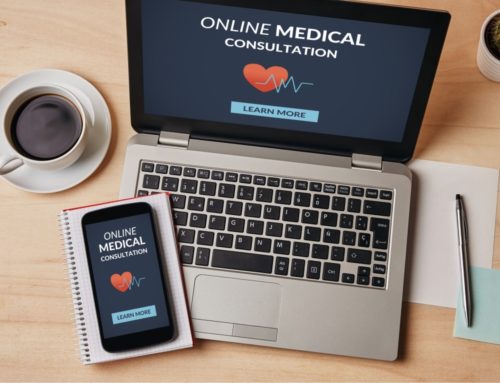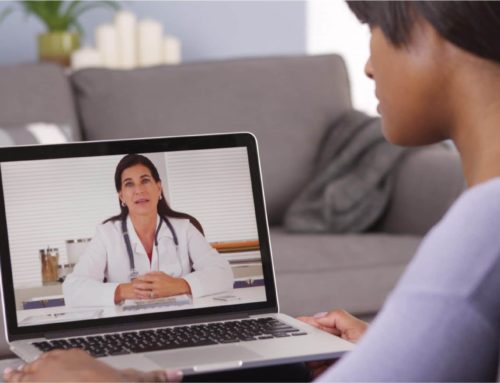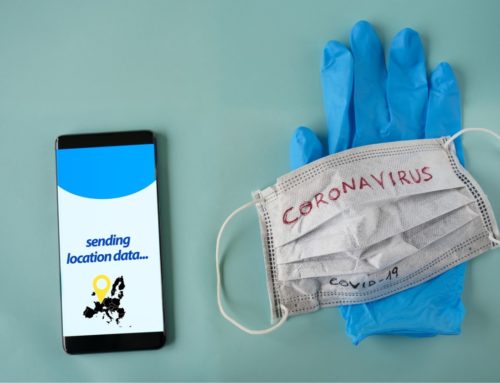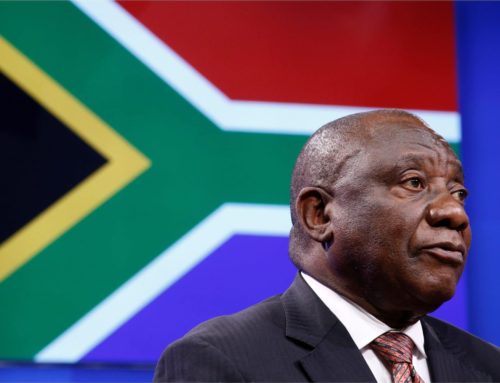It is often the case that medical malpractice claims are only as strong as the experts who are instructed in the matter. When considering whether to pursue a matter, the Plaintiff’s lawyers rely heavily on the opinion of experts in various fields of expertise. These are usually experts with whom they have worked with in the past and on whose opinion they rely, including those of a qualified medical practitioner.
In assessing the matter, one must have regard to whether the expert who has formulated the opinion has clinical experience, provided evidence in the past in courts and has had experience with the litigation process which includes but is not limited to meetings with opposing experts and formulating joint minutes. In our practice, we have explained to clients and to experts that the litigation process is not meant to be one of “litigation by ambush” but rather that the issues are defined and narrowed well before the trial proceeds. This is to reduce court time and by extension the expense of running the litigation, and to ensure that parties prepare to adduce evidence and consider issues on which each produces.
How precisely is medical practitioner negligence defined in South Africa law?
In a leading case dating back to 1940, it was held that: ”A medical practitioner is not expected to bring to bear upon the case entrusted to him the highest possible degree of professional skill but he is bound to employ reasonable skill and care”.
Most recently, the Constitutional Court of South Africa in 2016, formulated the question in a general manner namely that:
“ In respect of medical negligence, the question is how a reasonable medical practitioner in the position of the defendant would have acted in the particular circumstances”.
The emphasis is the conduct of the Defendant specifically in the sense that the enquiry is whether a reasonable medical professional in the position of the Defendant would have foreseen the possibility of harm and taken steps to avoid it.
The manner in which the harm occurs, need not be foreseeable by the Defendant. It is in this context that expert opinion evidence is usually of great importance and equips the court to make a determination of whether a medical practitioner has employed reasonable skill and care in the given context. South African law has followed and adopted the approach of the leading English cases, especially Bolam v Friern Hospital Management Committee, Maynard v West Midlands Regional Health Authority and Bolitho v City and Hackney Health Authority. The principles referred to in these matters are summarised in the matter of John v Central Manchester and Manchester Children’s University Hospital NHS Foundation Trust. In summary, it is seldom for a Judge to reach a conclusion that views genuinely held by competent medical experts are unreasonable. However, the assessment of medical risks and benefits is a matter of clinical judgement. The court is not bound to absolve the defendant from liability just because evidence of expert opinion, even if genuinely held, had found that the treatment accords with sound medical practice from a qualified medical practitioner.
The court must be satisfied that the opinion has a logical basis and that the expert has reached a “defensible conclusion”.
In doing so the court will finally consider whether a professional opinion may be unreasonable if an obvious risk was overlooked. Secondly, and as importantly, very often there is a difference between what is scientific proof and what would be a judicial measure of proof. Experts tend to apply a far more scientific approach to the question of whether a particular outcome is foreseeable, whereas in a legal context a claim may be established on a balance of probabilities, that is that the grounds of negligence alleged are more probable than not. A seasoned expert with court experience would appreciate the differences between the two and the nature of the evidential burden which a Plaintiff bears.
The approach which a court adopts in weighing expert opinion, and set out above, differs significantly from those factors and approach taken into account by a court when weighing up factual disputes which may arise with lay evidence.
The approach generally adopted by a court to determine or resolve factual disputes may be summarised as follows:
1. The credibility of the various factual witnesses;
2. The reliability of those witnesses; and
3. Probabilities
When considering the credibility of witnesses, a court would take into account the impression created by the veracity of the witness which would in turn depend on a variety of different factors such as the witnesses demeanour in the witness box, any bias latent or blatant, internal contradictions and evidence, if any, of external contractions with what was pleaded or put to the Plaintiff, the probability or improbability of a particular aspect of the version presented by the witness and finally the calibre and cogency of the witnesses performance in the witness box compared to other witnesses testifying about the same event.
As with the assessment of expert evidence, there are issues of probability as well as the logicality of the evidence presented.
By adopting the above approach to the assessment of medical expert opinion, the court need not make credibility findings of experts who hold a genuine belief or opinion as to the usual practice in their field of practice. What a court would consider is the evidence in its totality. The court also need not be swayed by what is common practice or even protocols which are established in a particular field if these do not accord with what is logical or the foreseeable harm which may arise or may be prevented if an inadequate approach has been adopted. We have found that where the court is faced with a solid expert medical opinion from both parties it sometimes seeks to make factual findings which would alleviate the necessity to delve into the medical opinion in great detail and to prefer one approach above another. This also means that the judgement of the court, which may or may not be reported, is specific to the facts which had been presented.
Development of the law
Although English law holds sway over the development of the common law in South Africa from the lower courts right up to the constitutional court, being the highest court of the land, the development of the law has been slow at times. There has also been in the past 5 years a significant build-up of resistance to medical malpractice litigation particularly when that litigation is against the state. The state currently provides the bulk of health care around the country. The state services the majority of the population and particularly those who are indigent and cannot afford private health care. The level of health care which has been provided by the state has sadly deteriorated over time. This has meant a ballooning contingent liability for medical malpractice litigation on the state books. As a result, in some provinces of South Africa that contingent liability i.e. monetary reserve set aside in the value of the claims made as well as the litigation costs, exceeds the actual annual budget for health care. In order to rein in this litigation, a proposal has been made to amend the law by way of legislation.
The current proposal applies to any matter in which the state is the Defendant, which forms by far the largest number of medical malpractice matters, and in which the value of the claim exceeds R1 000 000.00 (approximately €60 000). The proposal is that the capital be paid in instalments and that future medical care would have to be obtained from a state institution- not necessarily the same which caused the harm, but importantly the value of that future medical care would not be paid out as part of the settlement and the Plaintiff would not have the option of obtaining that care from a practitioner of his or her choice in private practice. Such proposals face constitutional challenges as they infringe human dignity and the right to choose medical care and also restrict access to health care.
Where to now?
On the one hand, it appears that the court has developed the approach to expert evidence and medical malpractice litigation in general. On the other the court sees itself as a gatekeeper, restricting this type of litigation. Also, as we recently experienced in a matter of ours, where a young boy with a head injury was discharged after a perfunctory 15 minute evaluation and subsequently suffered severe brain damage caused by the intracranial pressure caused by an epidural haematoma, the judge relied on the remarks made by Denning LJ understood as an enjoinder against judging cases by the standards of wisdom of hindsight. In other words that the consequences of the decision of the doctor should not lead to the conclusion that the doctor had been negligent. Where the court loses its ability to empathise, would it still be able to assess medical opinion and render a fair Judgement?
How do I pay the legal fees?
We do consider medical-legal matters on our ordinary no win no fee basis if the case qualifies.
Learn more about our medical-legal services
If you would like to institute or pursue a medical-legal issue with the assistance of Malcolm Lyons and Brivik, contact us on the details below. Malcolm Lyons and Brivik specialise in medical law, personal injury law, labour and road accident fund claims and have been recognised as leading attorneys in South Africa since 1965.
Contact our offices below for further information
0861 MLB INC
Johannesburg Office
+27(0) 011 268 6697
Cape Town Office
+27(0) 21 425-5570






